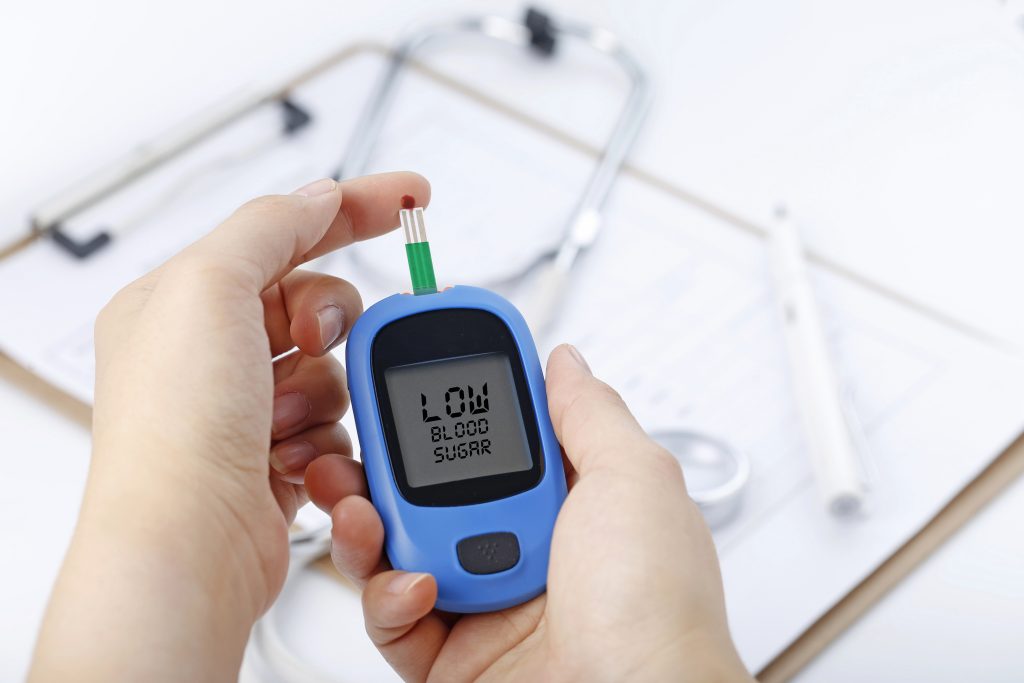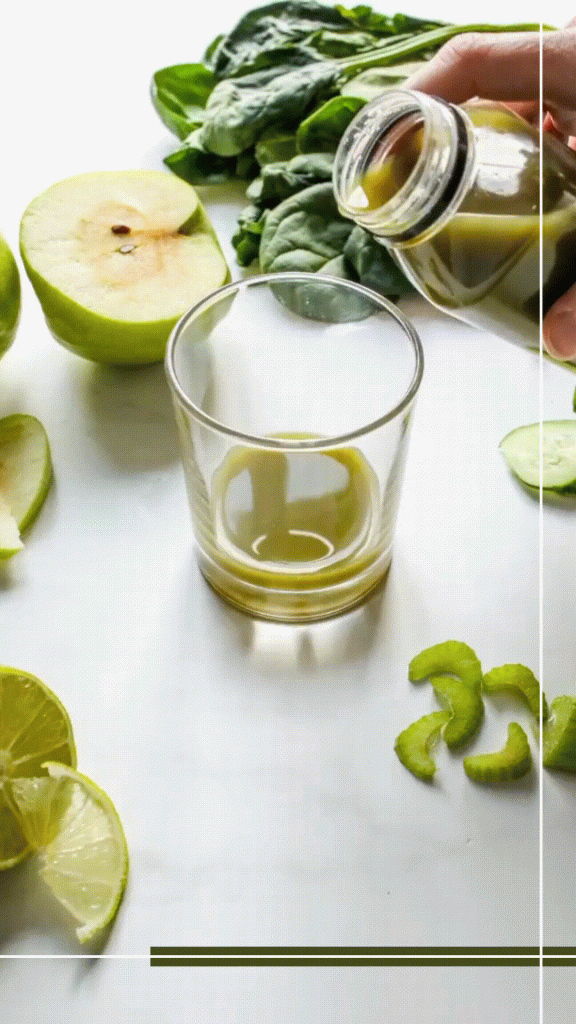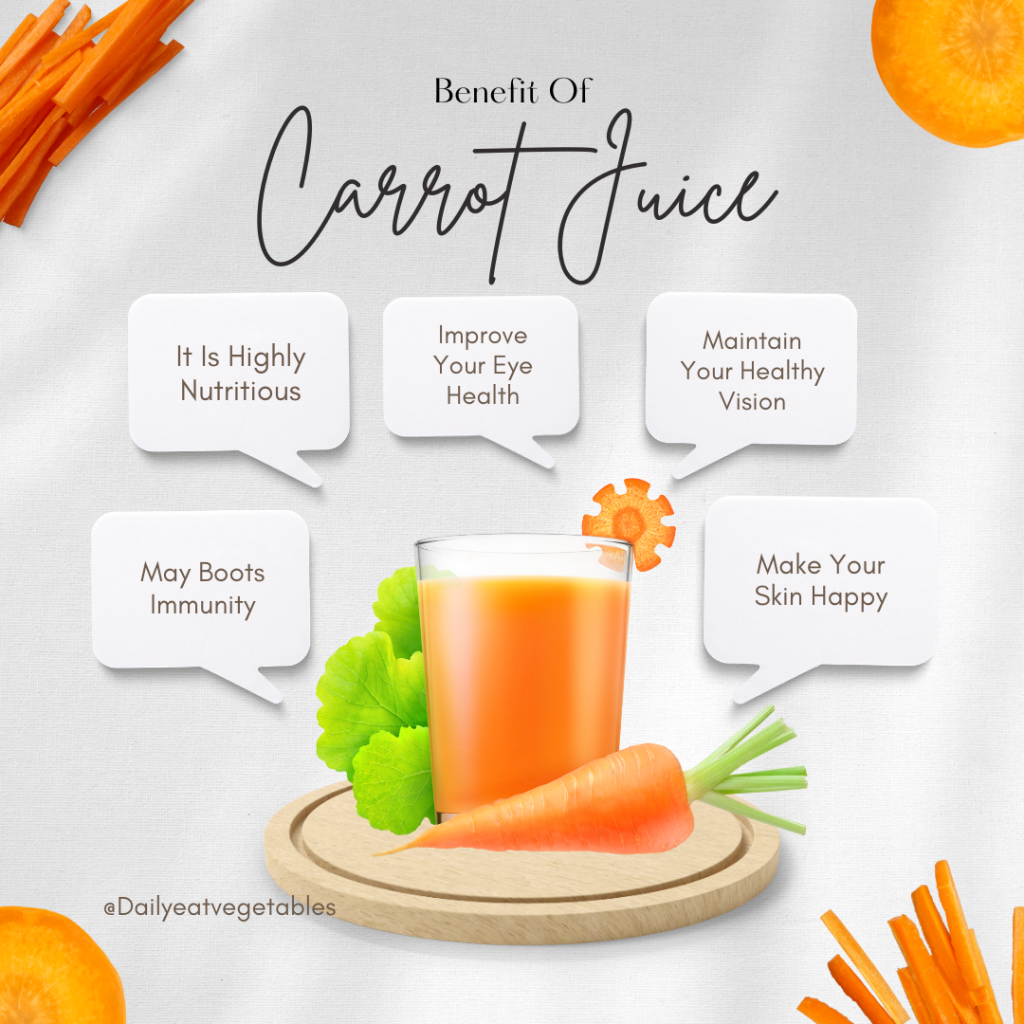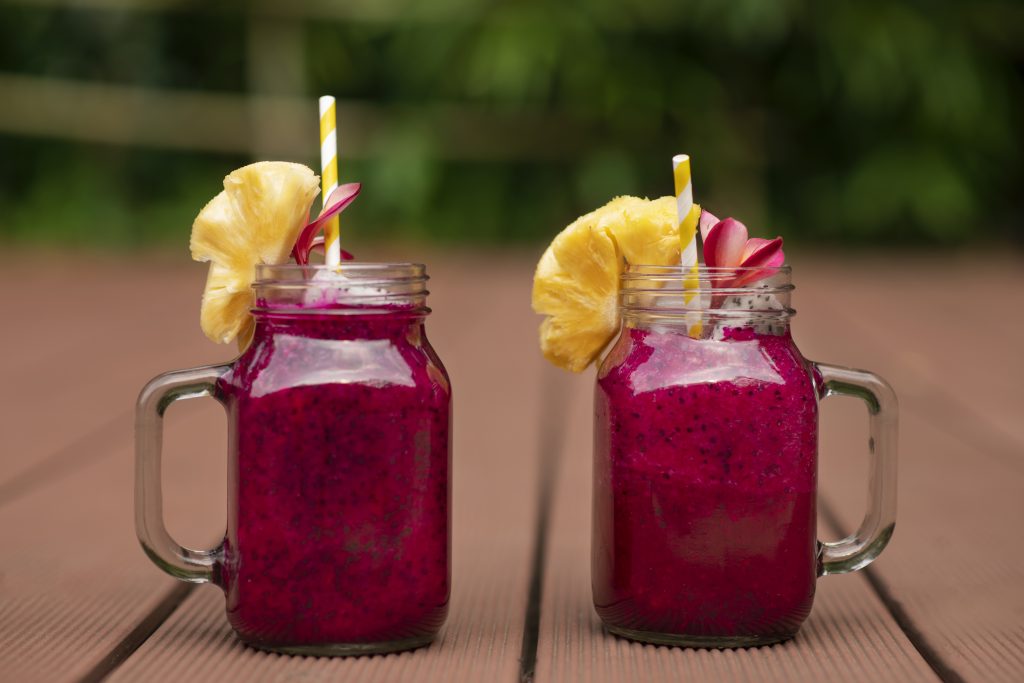Many people with diabetes seek out natural treatments to help manage their condition. Juicing has become a popular remedy as it allows individuals to easily consume high amounts of fruits and vegetables in a convenient and tasty way. But can juicing actually help with diabetes?
Juicing can offer a concentrated source of these nutrients, making it a potentially beneficial addition to a diabetes management plan.
However, it’s important to note that juicing removes the fiber content of fruits and vegetables, which can affect blood sugar levels.
Also, the glycemic load of certain fruits and vegetables used in juicing can be high and cause blood sugar spikes.
Therefore, it’s crucial for individuals with diabetes to choose low glycemic index fruits and vegetables and monitor their blood sugar levels regularly when juicing.
Overall, juicing can be a part of a healthy and balanced diabetes diet as long as it is done carefully and in consultation with a healthcare provider.
Benefits of Juicing for Diabetes
As someone who has researched the effects of juicing on diabetes, I can confidently say that incorporating fresh juices into a diabetic diet can have numerous benefits. Here are some of the most significant benefits of juicing for diabetes:
Improved Blood Sugar Control
One of the most significant benefits of consuming fresh juices is that it can help diabetics manage their blood sugar levels.
Juicing enables the body to quickly absorb essential vitamins, minerals, and enzymes that can help to control blood sugar levels.
Research has shown that juicing can help reduce HbA1c levels, a measure of average blood sugar levels over the past two to three months.

Increased Nutrient Intake
Juicing allows diabetics to consume high levels of essential vitamins and minerals, which can be difficult to obtain through a traditional diabetic diet.
When consuming fruit and vegetable juices, you get all the important nutrients in one glass, from potassium and magnesium to vitamin C and fiber.
Easy Digestion
Not only are fresh juices rich in nutrients, but they are also easier to digest.
For those with digestive issues associated with diabetes, including bloating and discomfort after meals, juicing can be an excellent way to get vital nutrients without adding stress to the digestive system.

Weight Loss
Maintaining a healthy weight is essential for managing diabetes. Juicing can help facilitate weight loss by reducing cravings, preventing overeating, and providing the body with the essential nutrients it needs.
Additionally, juicing can be an excellent way to integrate fruits and vegetables into a diet and reduce the consumption of high-calorie processed foods.

Improved Energy Levels
Consuming fresh juices can provide a natural energy boost because your body quickly absorbs the nutrients and energy from the fruits and veggies.
Juices are also an excellent way to stay hydrated, which is essential for optimal body function.
When it comes to managing diabetes, incorporating fruits and vegetables into your diet is essential.
Juicing can be a great way to get your daily dose of essential nutrients and vitamins in an easy-to-consume format.
But not all juice recipes are created equal, especially when it comes to managing blood sugar levels. Here are some recommended juice recipes that are ideal for diabetics:
Green Juice

1 green apple
2 celery stalks
1 large cucumber
1/2 lemon or lime, peeled
Handful of kale
Handful of spinach
1 inch ginger root
Carrot-Orange Juice

- 4 medium carrots
- 2 oranges, peeled
- 1 inch turmeric root
- 1 inch ginger root
Beet-Pineapple Juice
- 1 medium beet, peeled and chopped
- 1 cup chopped fresh pineapple
- 2 large cucumbers
- 1/2 lemon, peeled

These juice recipes are all low-glycemic and high in fiber, which helps to slow down the absorption of sugar into the bloodstream.
They also contain a good balance of carbohydrates, protein, and healthy fats, which is important for managing blood sugar levels.
While juicing can be a great way to get more fruits and vegetables into your diet. It’s important to remember that it should be done in moderation.
Drinking too much juice can cause a spike in blood sugar levels. It’s best to limit your intake to 1-2 servings per day. Always consult with your healthcare provider before making any changes to your diet.
By incorporating these recommended juice recipes into your diet, you can give your body the nutrients it needs to thrive while managing your diabetes at the same time.
In conclusion, juicing can have numerous benefits for those living with diabetes. From improved blood sugar control to increased nutrient intake and weight loss.
It’s important to remember that juicing should serve as a supplement. And not as a replacement to a well-rounded, balanced diet.
It’s always best to consult with your registered nutritionist or healthcare provider before making any significant changes to your diet.

